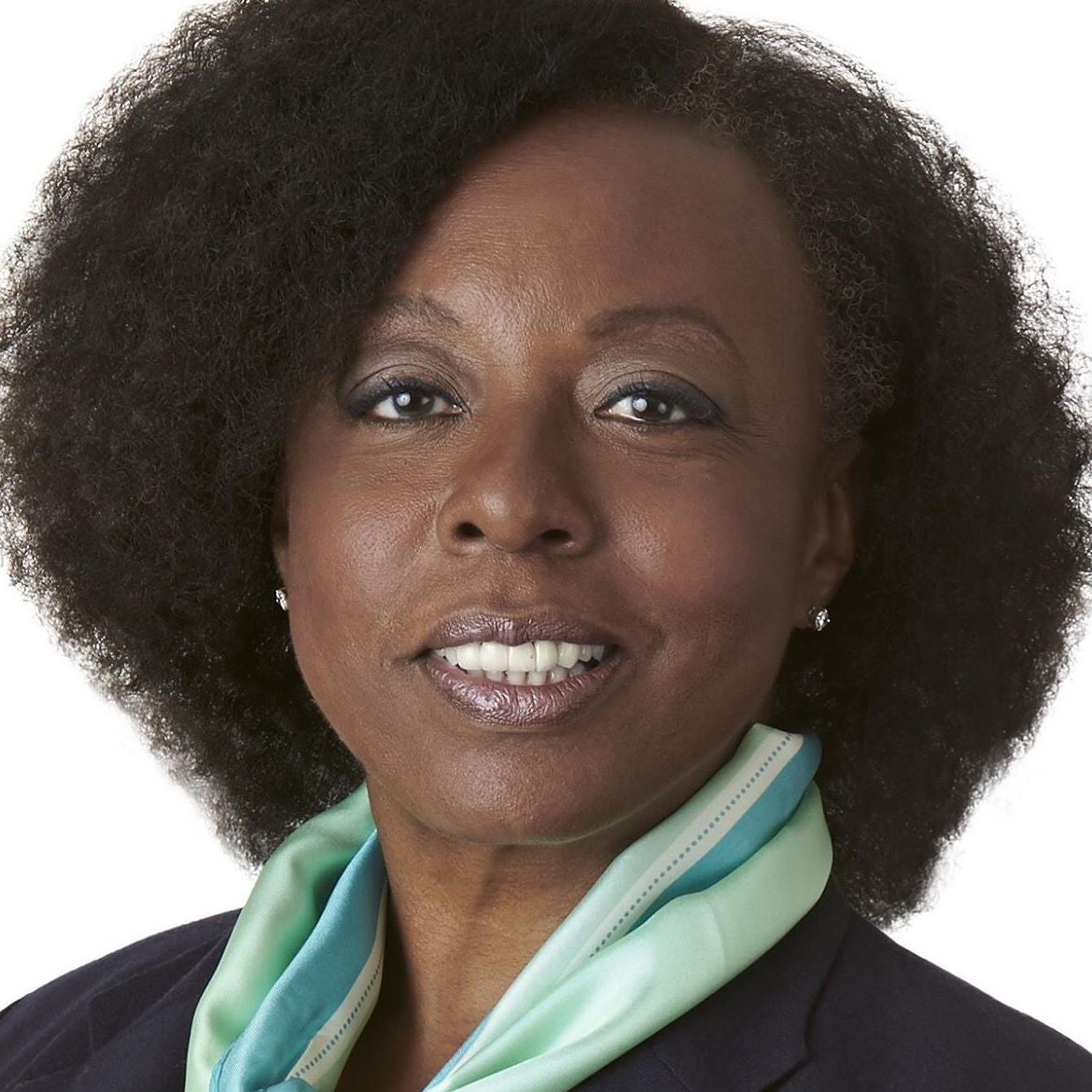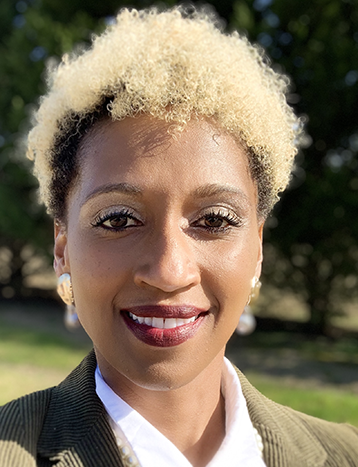Summit teaches mental health preparedness in the midst of disasters
Dr. Cirecie West-Olatunji said that some days she wakes up exhausted. Surviving a triple pandemic consisting of COVID-19, structural racism and climate change can take a toll on your health and creates stress.

Dr. Cirecie West-Olatunji (Contributed photos)
Learning how to identify indicators of traumatic stress and build community resource networks was the focus of the Rural Disaster Mental Health Summit on March 26. The summit was a virtual collaboration between the Eastern Area Health Education Center and Project Don’t Wait, a grant-funded program addressing disaster mental health preparation and response, with support from the East Carolina University Rural Education Institute.
“We often mis-conceptualize and misdiagnose people by not considering trauma as a key source of stress,” said Dr. West-Olatunji, a professor and director of the Center for Traumatic Stress Research at Xavier University of Louisiana.
As the keynote speaker, Dr. West-Olatunji discussed culture-centered disaster mental health and how it applies to disasters that disproportionately impact minority populations. About 220 people registered for the summit with participants from more than 38 North Carolina counties.
“We are overjoyed with the outcome of the summit,” said Dr. Loni Crumb, the director of Project Don’t Wait and an assistant professor in the counselor education program in the ECU’s College of Education. “Overall, we hope that participants learned more about why it is imperative to take preventive measures to prepare for natural disasters, with special consideration regarding the mental health aspects.”
In addition to West-Olatunji, participants heard from:
- Douglas Walker, chief program director and clinical psychologist at the Mercy Family Center in New Orleans, on community-based systems of care using trauma-focused interventions for children and young adolescents;
- Andrew Short on cultural responsiveness and disaster mental health response for rural communities as well as his work with the North Carolina Department of Health and Human Services’ Disaster Response Task Force; and
- The founder and owner of California-based Peace of Mind Preparedness, Wanda Vollmer, on what can hold people back from disaster preparedness and what tools they can use to effectively prepare.

Dr. Loni Crumb
“We were very intentional in selecting our summit speakers,” Crumb said. “First, we wanted local, regional and state representation from leaders involved in the area of disaster mental health. Secondly, we also wanted to hear from those involved in some of the most historic weather disasters, such as Hurricane Katrina.”
Participants had the opportunity to learn from North Carolina residents who had weathered disasters. One presentation centered on the collaboration among schools, primary care and mental health after Hurricane Dorian hit Ocracoke Island in September 2019. Dr. Susan Kaye Lucas McGinty, a psychiatrist at Prisma Health Upstate, Dr. Erin Baker, a family medicine physician from Ocracoke Health Center, and Mary McKnight, a school counselor in Hyde County Schools discussed the process they went through to help Ocracoke’s families during the storm and to this day.
Avoiding burnout was one of the key pieces of advice they gave participants.
“Accepting help was the best thing I could do for not only myself, but for my community and the people I take care of,” McKnight said.
The summit was organized by Project Don’t Wait staff, the ECU Rural Education Institute, the Eastern Area Health Education Center, and the POWER of U. To learn more, visit the Project Don’t Wait website or the Eastern AHEC website.
Related: Project Don’t Wait